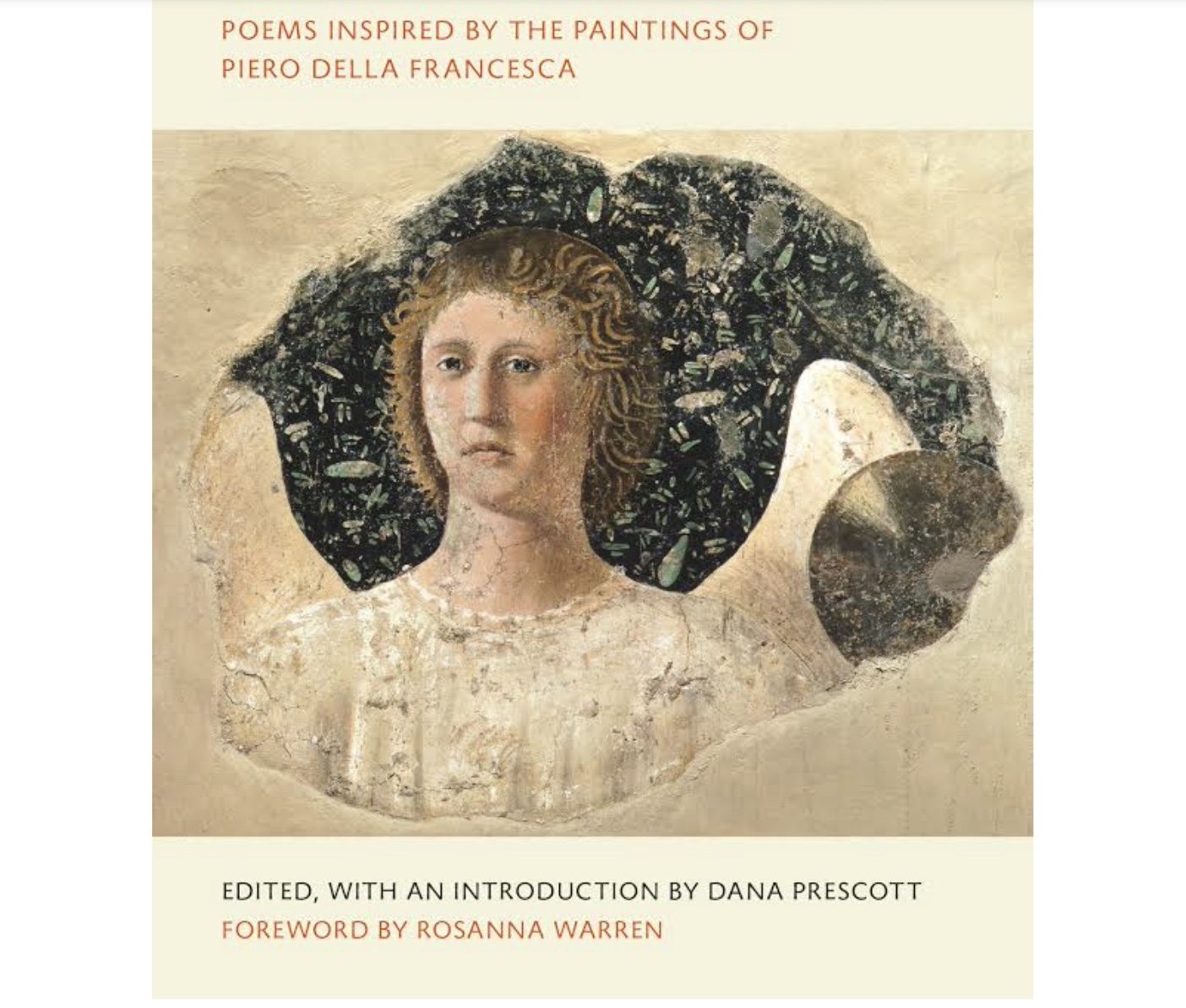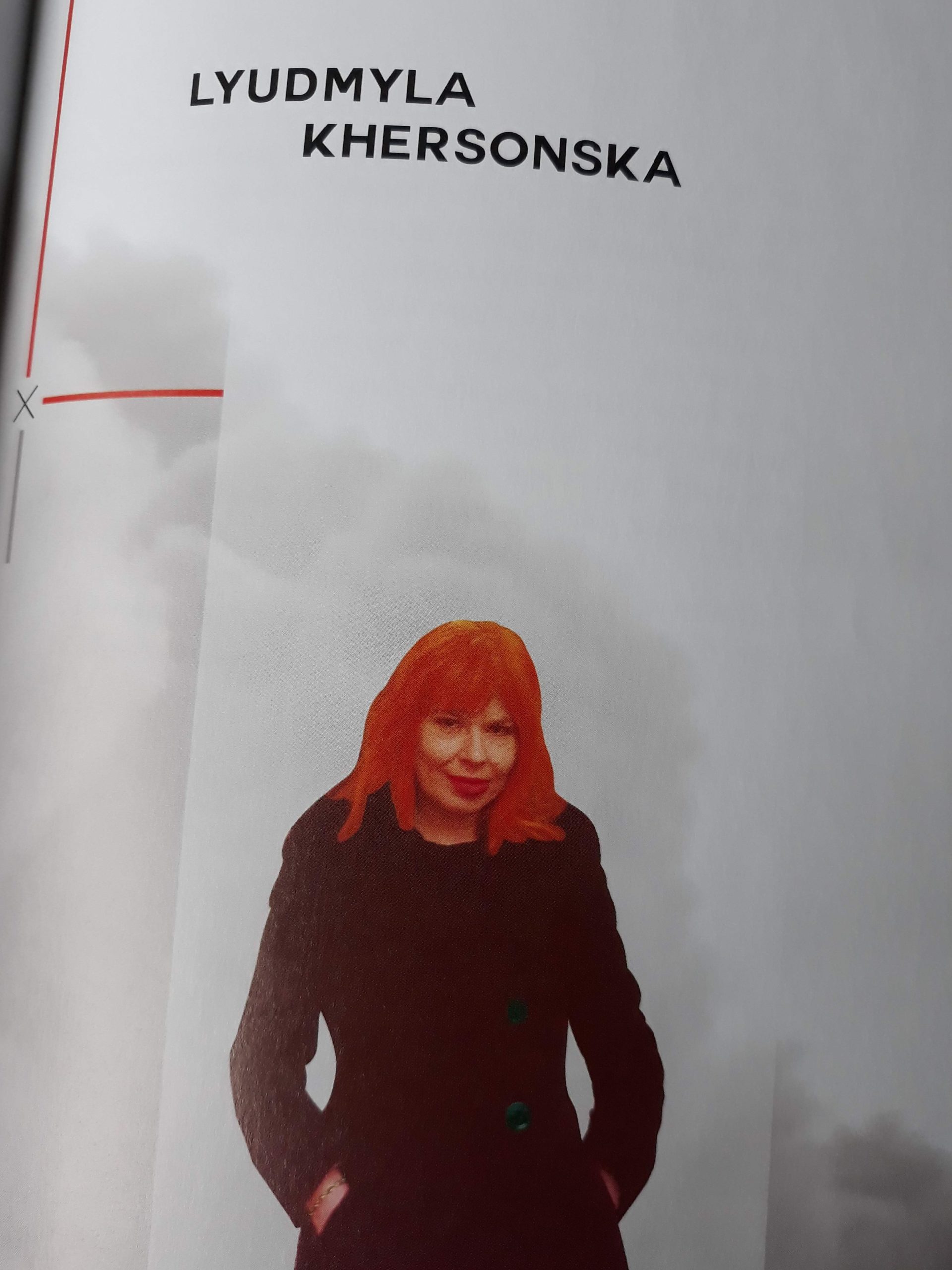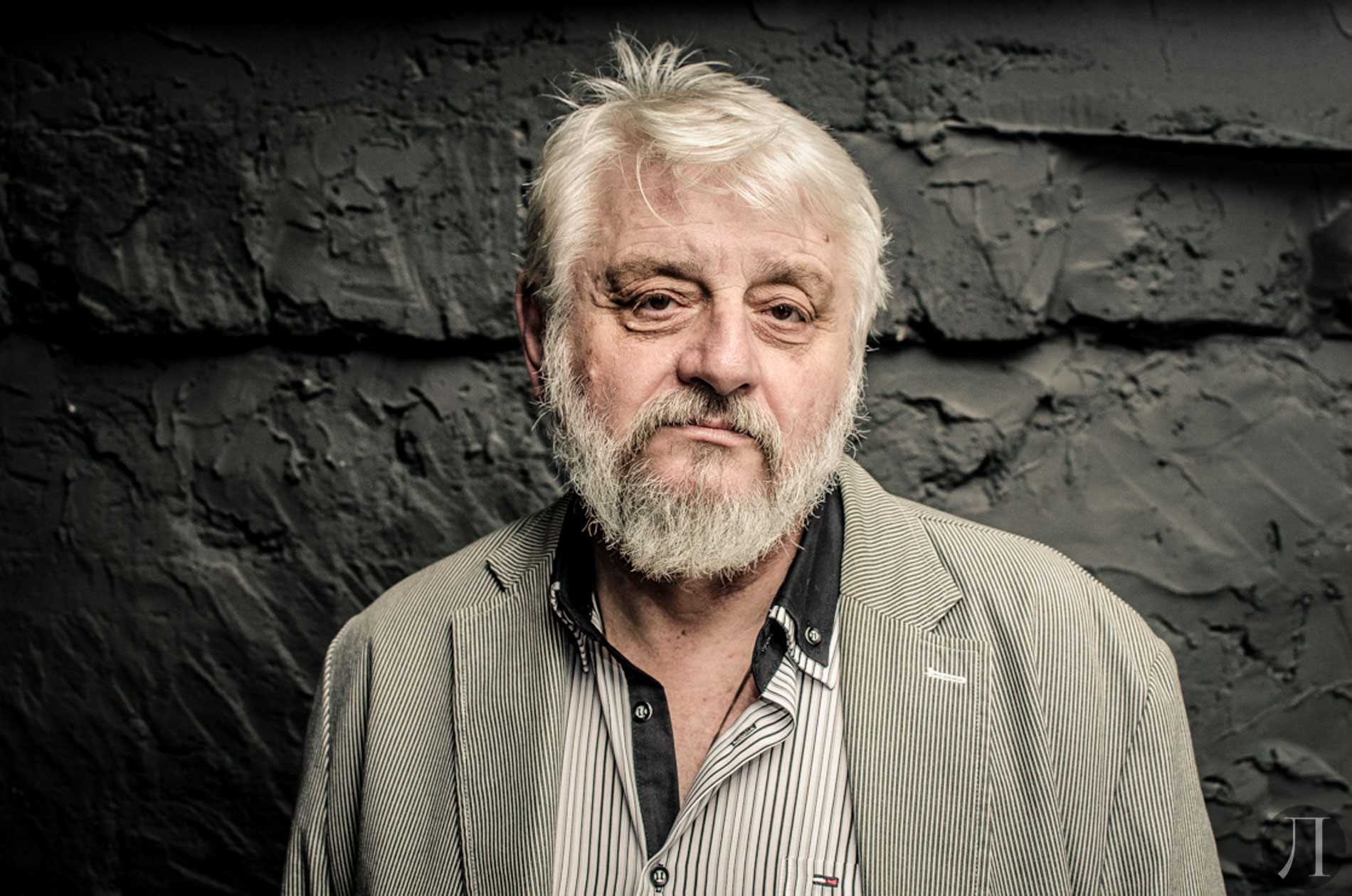
Mark Wundelich ospite di Civitella Ranieri Foundation nel 2014 e nel 2016
La poesia ecfrastica
di Luigia Sorrentino
La poesia Fragment of St. Julien del poeta statunitense Mark Wundelich, è uno dei tanti esempi di poesia ecfrastica, una poesia che nasce dalla minuziosa osservazione di un’ opera artistica. Il poeta che applica questa tecnica in grado di aprire una sorta di finestra per gli occhi della mente, affinché l’opera lasci una traccia indelebile nella sua memoria. Nella raccolta Feathers from the Angel’s Wings (WW Norton, 2016), curato dal Direttore Esecutivo di Civitella Ranieri Dana Prescott molti poeti si sono soffermati sulle opere di Piero Della Francesca e hanno messo in evidenza come arte e letteratura siano interconnesse tra loro. Molti scrittori borsisti della Fondazione Civitella Ranieri hanno potuto osservare le opere di Piero Della Francesca durante le escursioni organizzate dalla Fondazione e sono poi entrati nel libro di Dana Prescott pubblicato nel 2016.

Fragment of St. Julien
The throat of the stag was never meant for speaking;
It would have pained the creature, to make the shapes,
to force the tongue and push against its single row of teeth, make way for the warning to Julien, whose arrow
broke the bleeding hole the spirit of speech went in.
The first the beast spoke was warning, threat and pain which is the way of all first language, the mouth
opening in surprise, the lungs seizing up to bark.
In the fragment of wall skimmed off and framed,
Julien too looks pained, regret not yet registered, understanding leaking like a tint stirred into plaster,
his cloak still pulled around his shoulders, his club
gripped in his good hand, having beaten
the bodies of those who made him. Regret would come later but for now he was more animal than that talking beast
who knew him for what he was.
Mark Wunderlich
Frammento di San Giuliano
Traduzione italiana di Greta Caseti
La gola del cervo non fu concepita per parlare;
avrebbe fatto soffrire la creatura, dare forma alle parole
forzare la lingua e spingere contro quell’unica fila di denti,
fare largo al monito per Giuliano, la cui freccia
trapassò il foro sanguinante in cui lo spirito del verbo era entrato. Dapprima la bestia espresse monito, minaccia e sofferenza,
nel modo di ogni prima voce, con la bocca
aperta, attonita, i polmoni bloccati dal guaito.
Sul frammento di muro rimosso e incorniciato,
anche Giuliano sembra soffrire, il rimorso non ancora avvertito, la coscienza che cola come tinta mescolata allo stucco,
il mantello ancora avvolto alle spalle, la mazza
stretta nella sua mano buona, pestati
i corpi di chi l’ha concepito. Il rimorso sarebbe venuto poi
ma per ora lui era più animale della bestia parlante
che lo conosceva per ciò che era.

 приходит война – ты не молчи, кричи.
приходит война – ты не молчи, кричи.